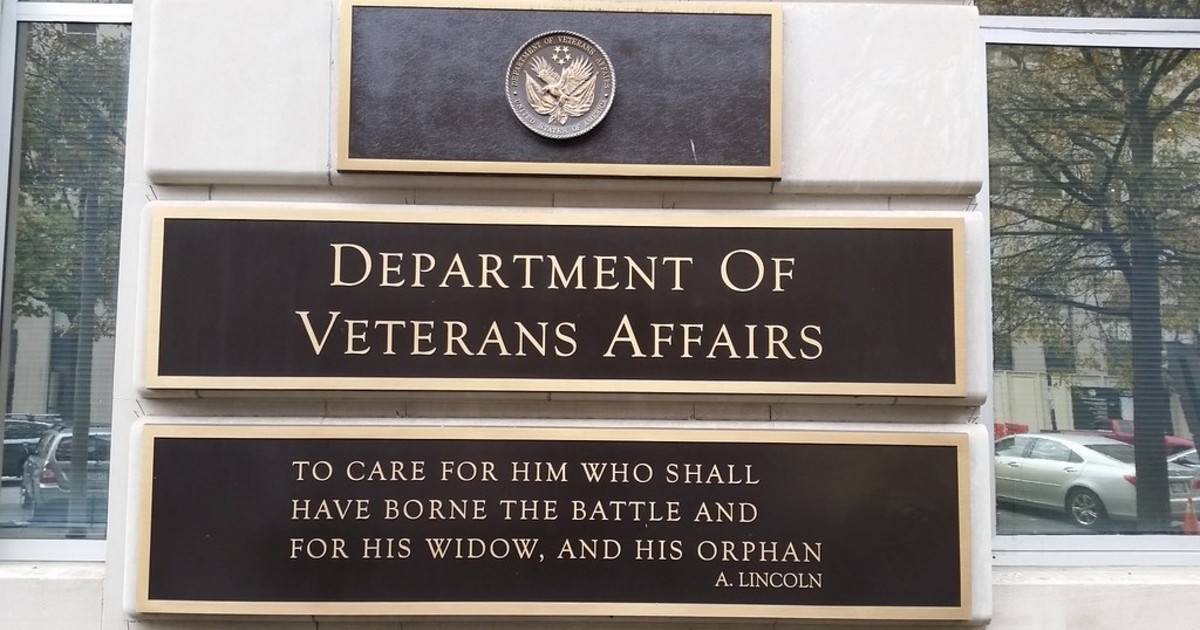
Photo: Abel Mitja Varela/Getty Images
The U.S. Drug Enforcement Administration and the Department of Health and Human Services will delay the effective date of two final rules that were expected to go into effect on Friday, March 21.
By extending the Expansion of Buprenorphine Treatment via Telemedicine Encounter and Continuity of Care via Telemedicine for Veterans Affairs Patients final rules – first promulgated Jan. 17 – to Dec. 31, the agencies can spend more time considering comments they have received.
WHY IT MATTERS
The two rules were scheduled to become final on Feb. 18, but following a Jan. 20 regulatory freeze by the new administration, the agencies initially delayed their effective dates by a month.
The expansion rule would have permanently allowed virtual care providers to prescribe new patients a six-month supply of buprenorphine to treat opioid use disorder. After the six-month mark, the rule requires patients to see a provider in person.
The long-awaited clarity on prescribing controlled substances via telemedicine included establishing three special registries for practitioners and platforms to balance patient access with safeguards against misuse.
The DEA has had a responsibility to create a telehealth prescribing registry under the 2018 Substance Use-Disorder Prevention that Promotes Opioid Recovery and Treatment for Patients and Communities Act, known as the SUPPORT Act.
Healthcare organizations raised concerns about the registries proposed in the DEA's final rule, arguing that they could limit telemedicine access and impose burdensome restrictions. One concern has been limiting virtual prescribing access to terminally ill patients in hospice care.
In response to a request, the DEA said it received 32 new comments since February.
The Alliance for Connected Care asked U.S. Attorney General Pam Bondi last month to intervene on the DEA's e-prescribing rules and urged broader telehealth access, stating that the draft special telehealth registries should be tossed out.
THE LARGER TREND
Congress and telehealth industry groups have urged the DEA and HHS to jointly extend prescribing flexibilities allowed under the original COVID-19 public health emergency since it was initially set to expire.
The agencies agreed to a third temporary extension of virtual prescribing for controlled substances allowed under the original COVID-19 public health emergencies in November.
With this new postponement of the rules' effective dates, telehealth providers are back to an end-of-year deadline.
ON THE RECORD
"The Department of Justice wishes to further postpone the effective dates for the purpose of further reviewing any questions of fact, law and policy that the rules may raise," said HHS Secretary Robert F. Kennedy, Jr., and Heather Achbach, the DEA's Federal Register liaison officer, Monday in their joint notice on the new postponement.
Andrea Fox is senior editor of Healthcare IT News.
Email: afox@himss.org
Healthcare IT News is a HIMSS Media publication.


